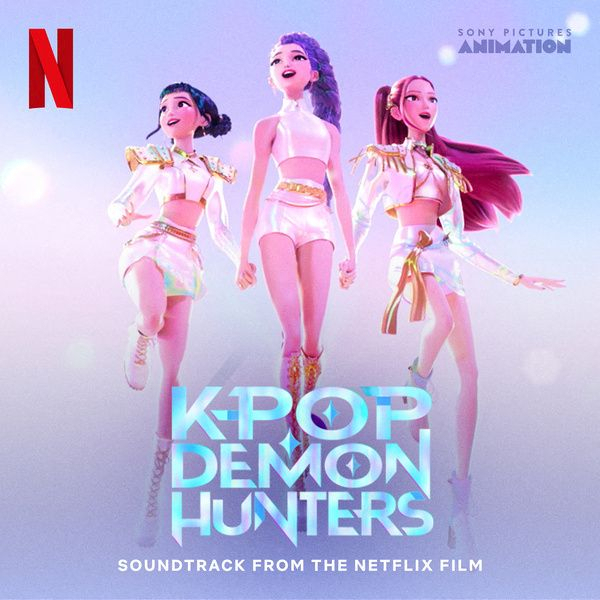Show Reflects Korean Culture, Captivates Global Audience

Netflix’s original animation “K-Pop Demon Hunters” (hereafter KPDH) has finally overtaken “Squid Game” to claim the top spot in all-time viewing records.
According to figures released by Netflix on September 3, KPDH added 30.1 million views (50.2 million viewing hours) between Aug. 25-31, reaching a cumulative 266 million views (443.4 million viewing hours). This surpasses the previous record of 265.2 million views held by “Squid Game” Season 1, earning KPDH the title of the platform’s most-watched production ever.
While KPDH had already secured the top spot in the film category, it was ranked third in the series category just two weeks ago, behind “Squid Game” (2021, 265.2 million views) and “Wednesday” (2022, 252.1 million views). However, it climbed to the top in just one week, overturning the standings.
What is more noteworthy is that it has surpassed the performance of global hit shows that recorded explosive viewership during the COVID-19 period. Analysts say the fact that it has beaten works from the pandemic era, considered the golden age of the OTT market, is significant in itself.
Netflix calculates final rankings based on cumulative viewership figures over 91 days after release. KPDH, which premiered on June 20, still has two weeks left in its counting period. Barring any unforeseen circumstances, it is expected to cement its name as the all-time biggest hit.
The show features an innovative premise where K-pop girl group Huntrix secretly operates as exorcists, using music as a weapon against evil spirits. Huntrix draws inspiration from shamanic culture, while their adversaries, the evil spirit group “Death Boy,” are conceptualized after grim reapers.
The global attention is attributed to the deep reflection of Korean culture in the OST and overall character design. Korean-Canadian director Maggie Kang and Korean-American composer Rae, who sang the protagonist Rumi’s songs, have also garnered attention by expressing that their “roots are in Korea.”
Although Sony Pictures handled the production, analysts suggest that by captivating global audiences through Netflix, “Korean culture” itself has become synonymous with mainstream success.


